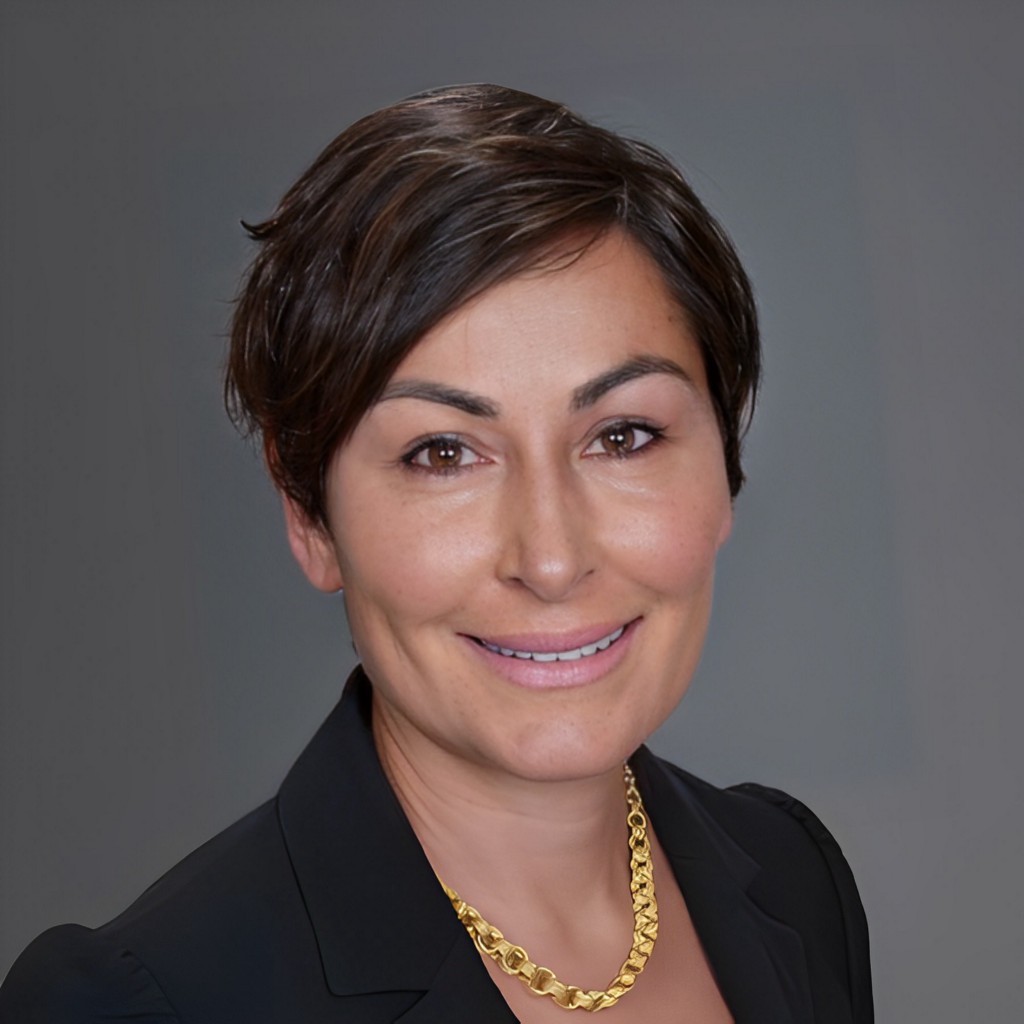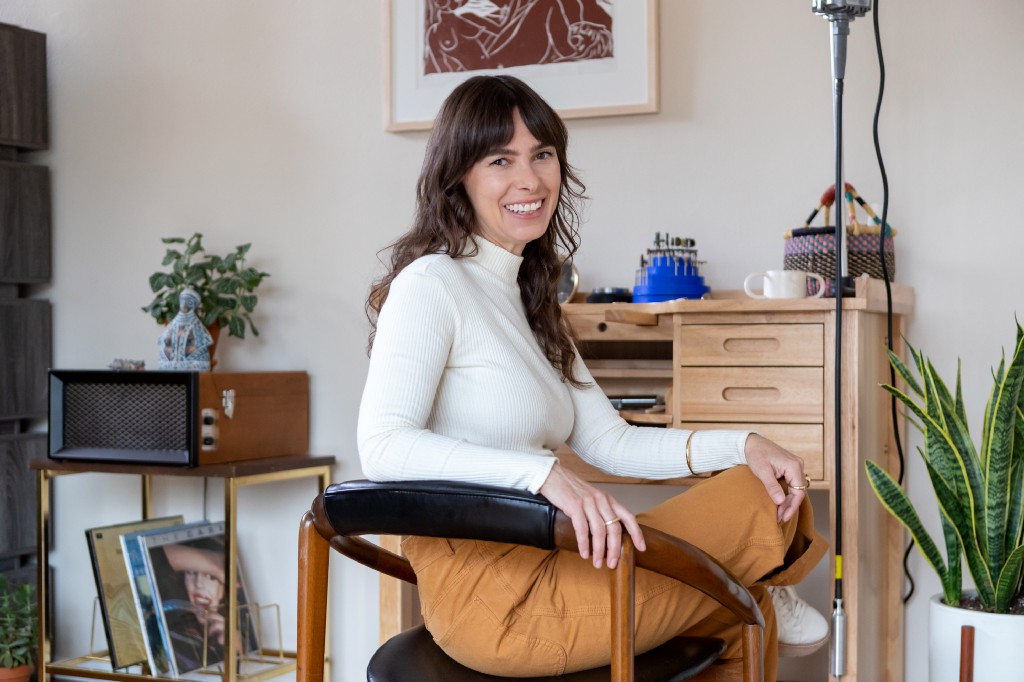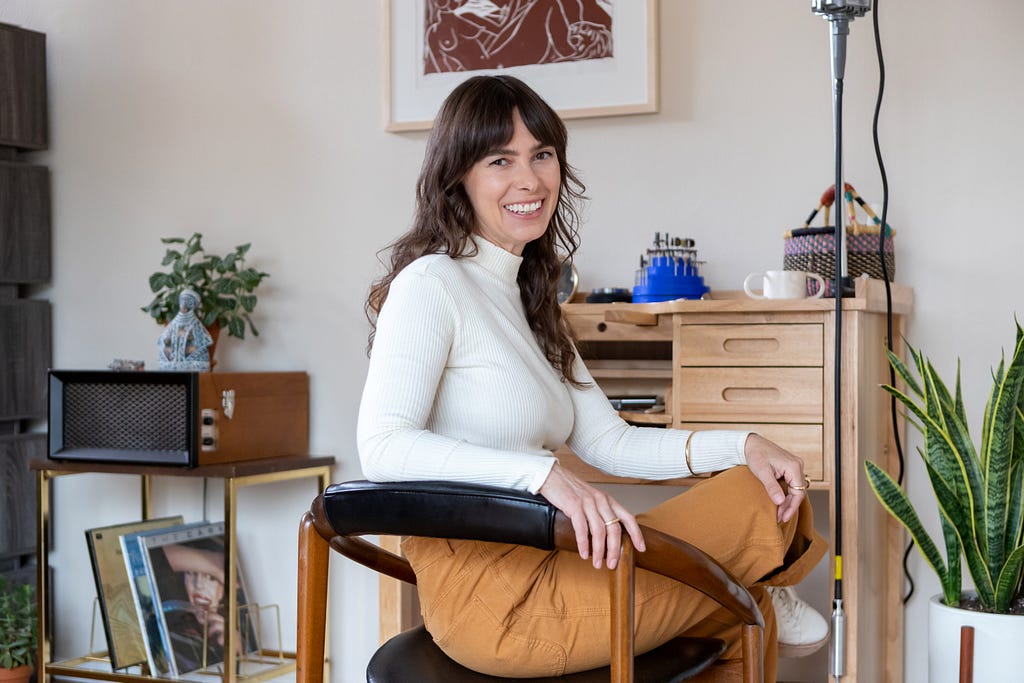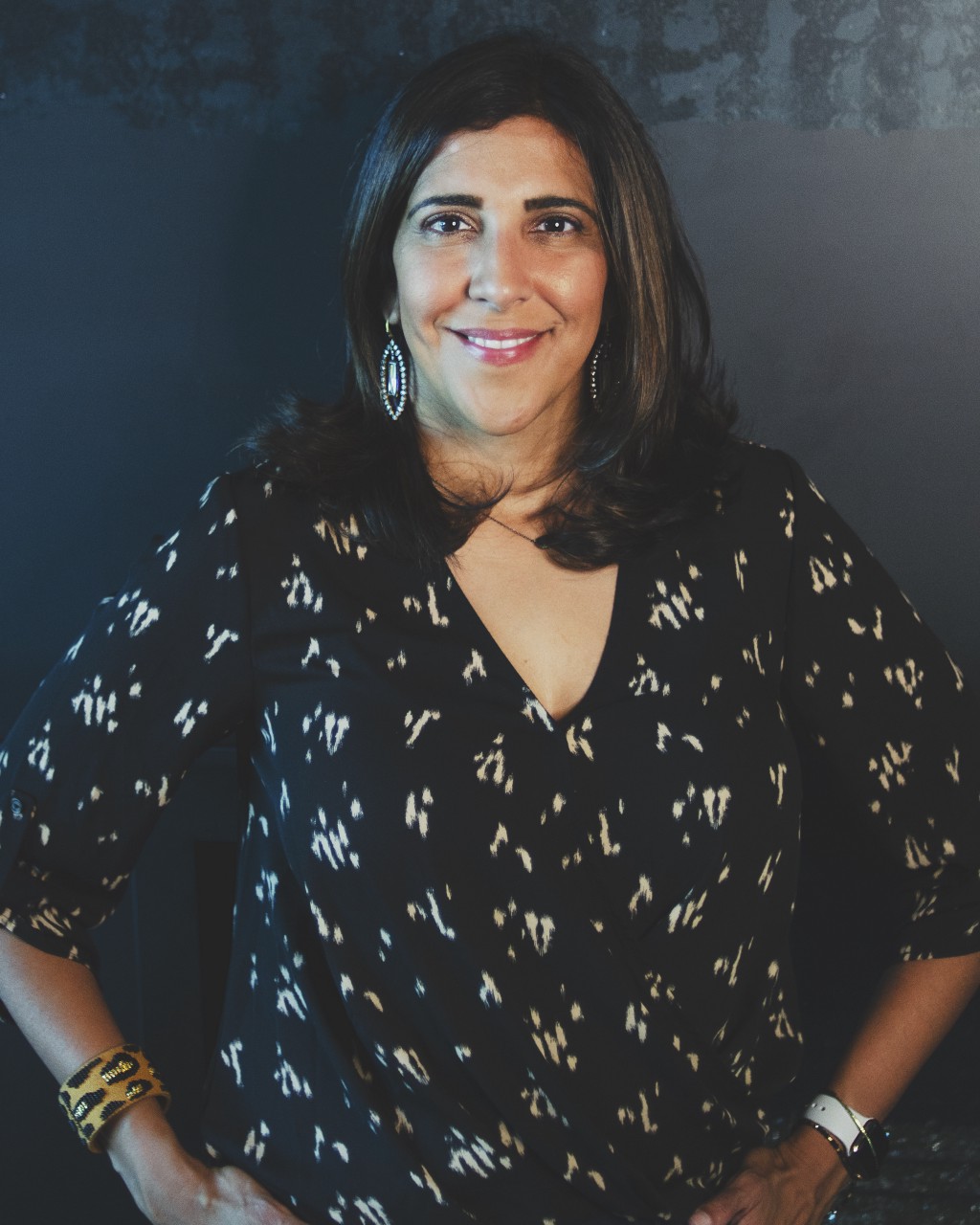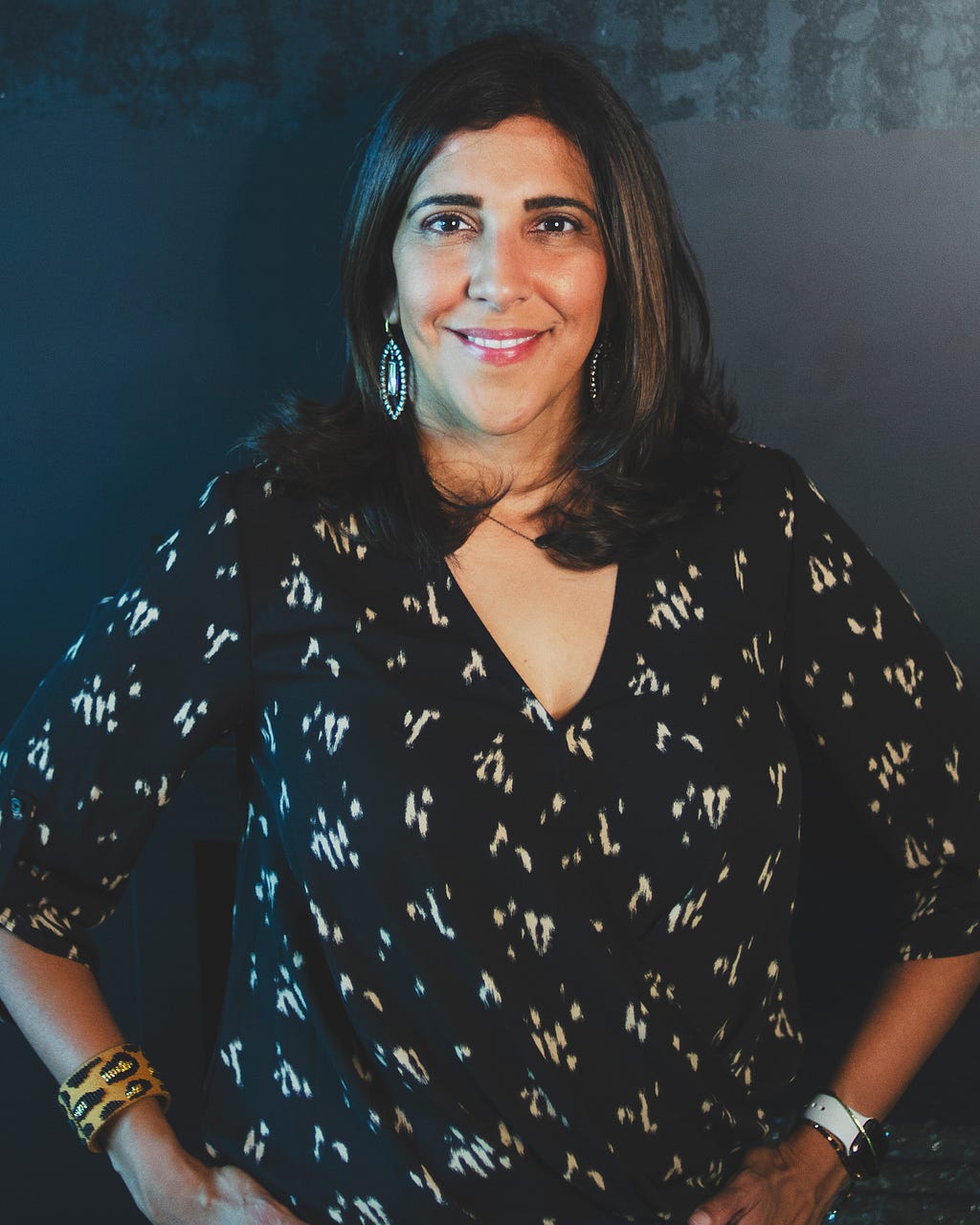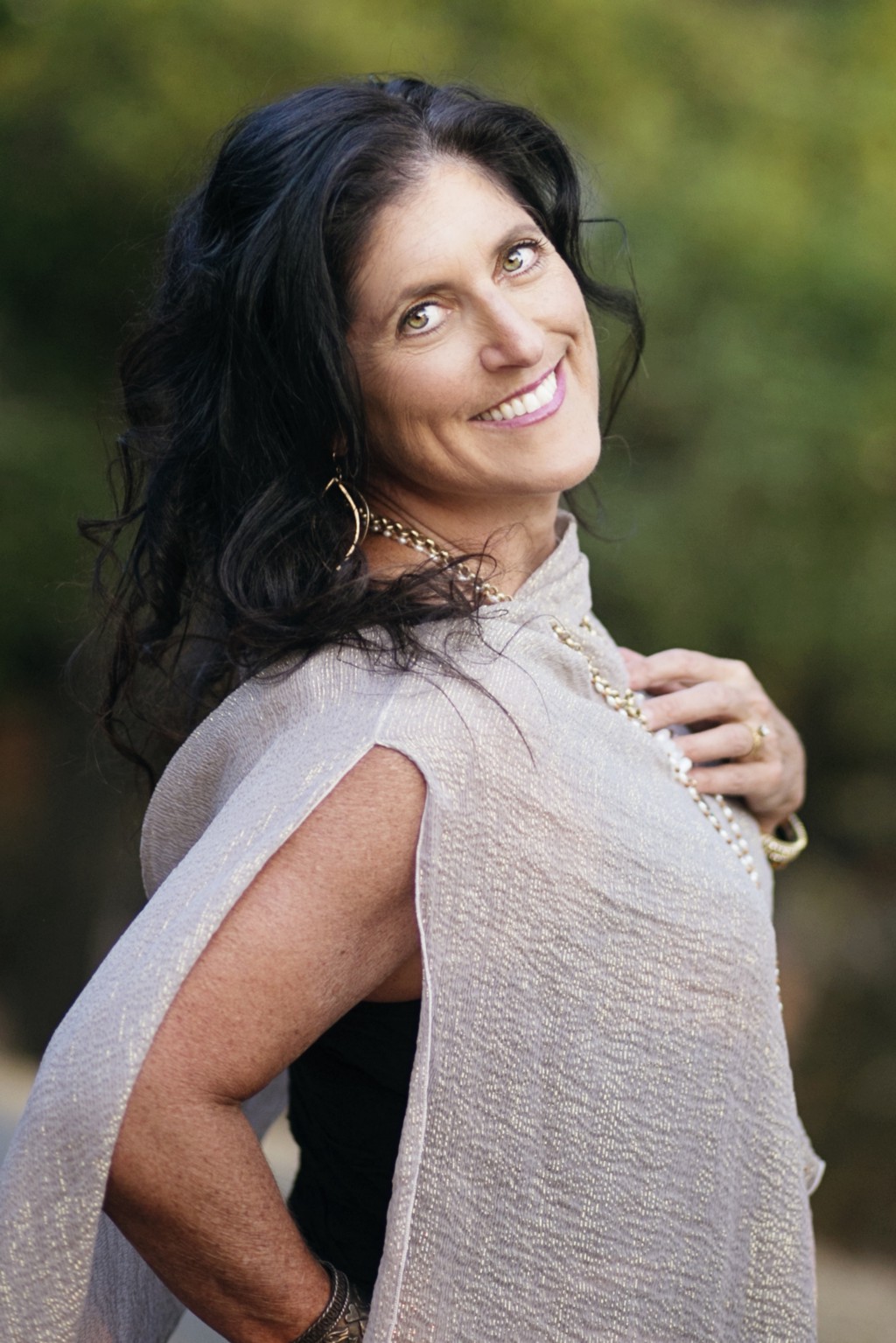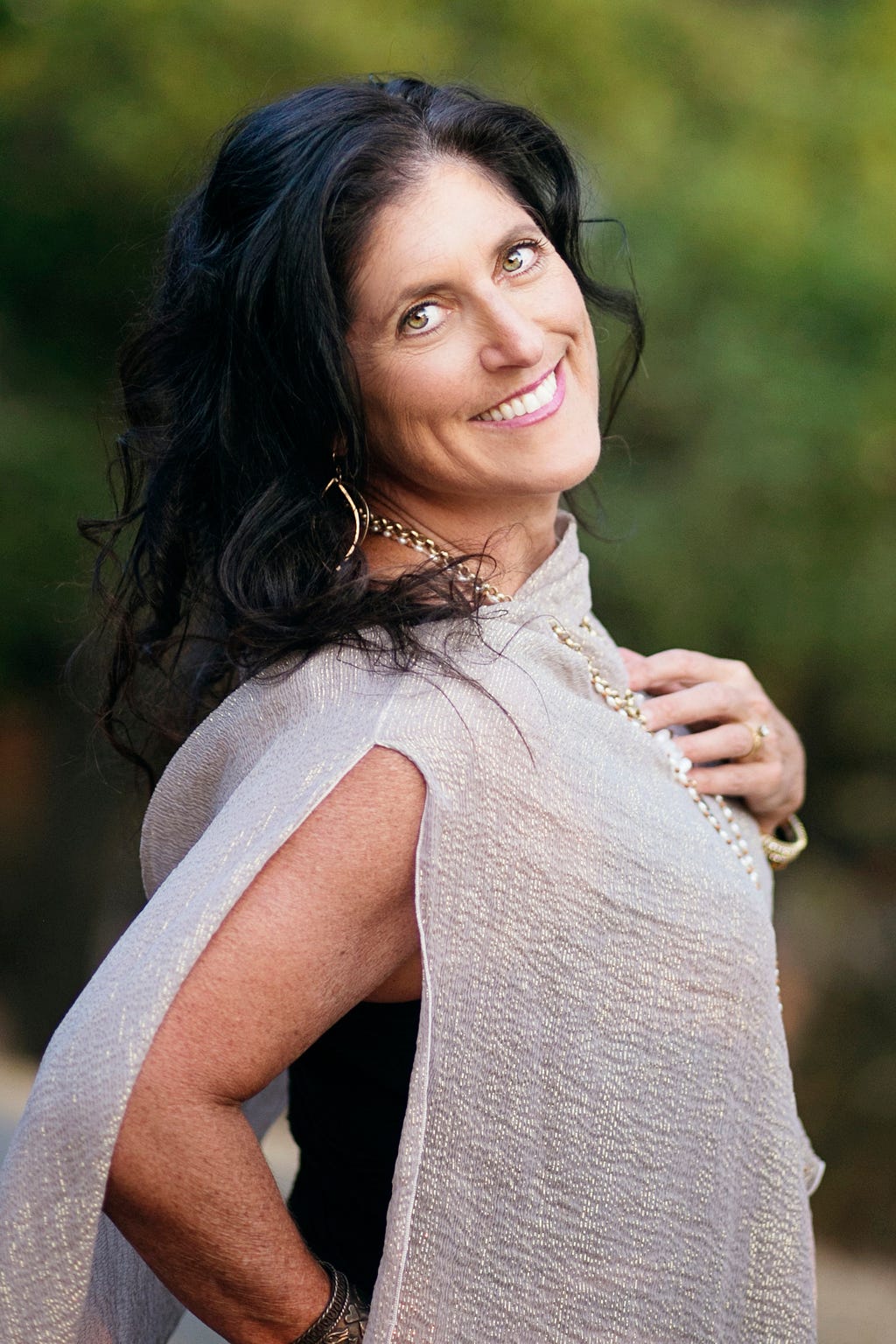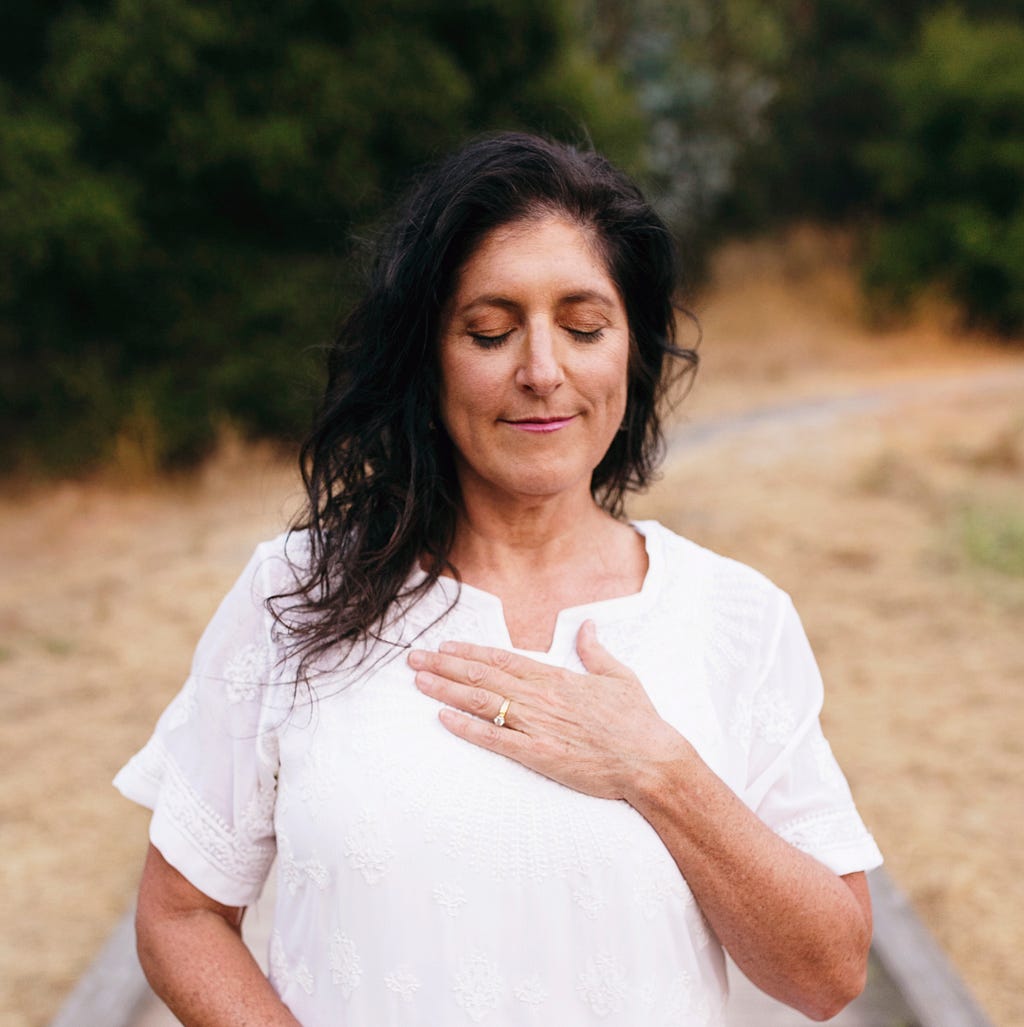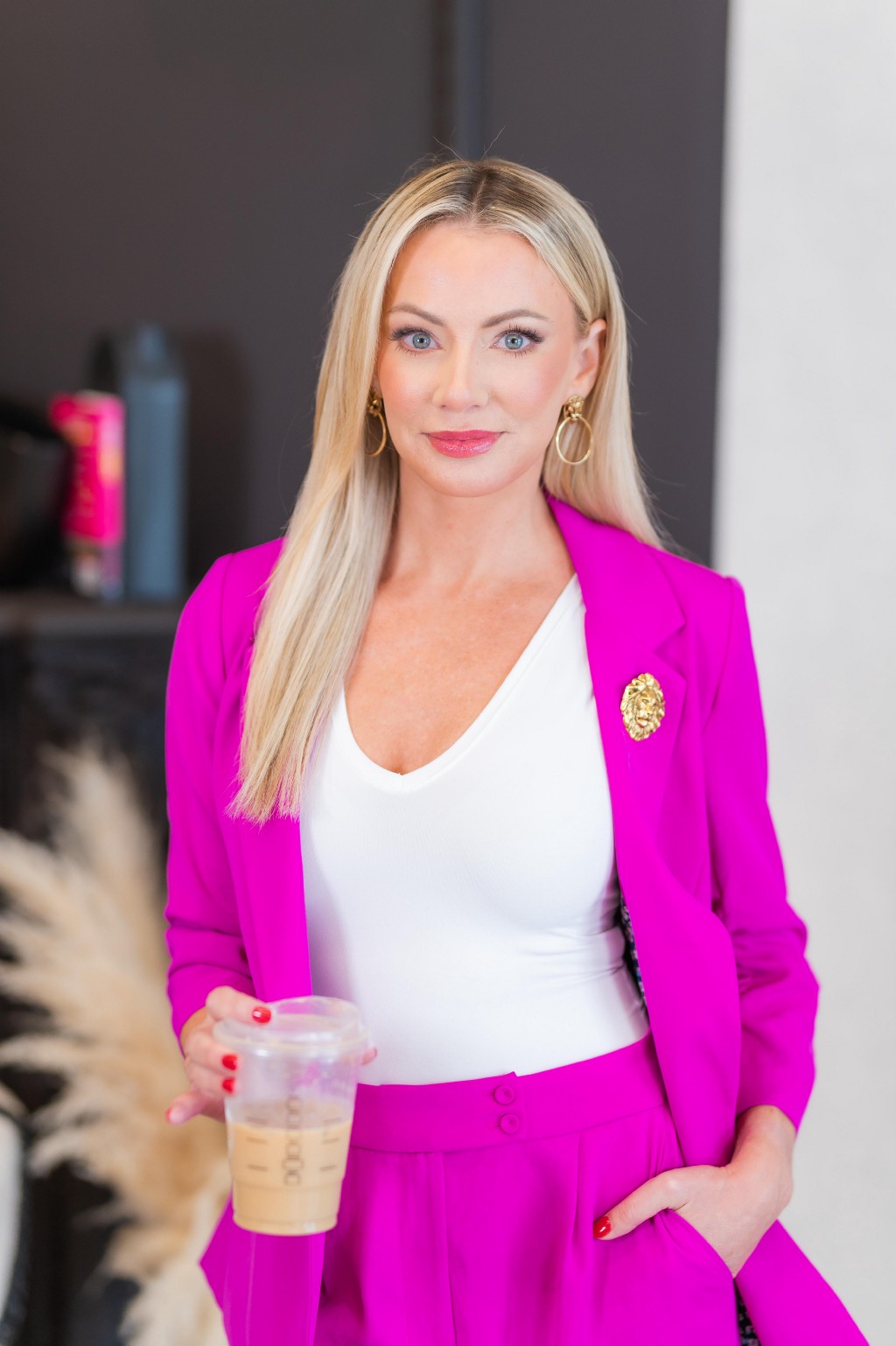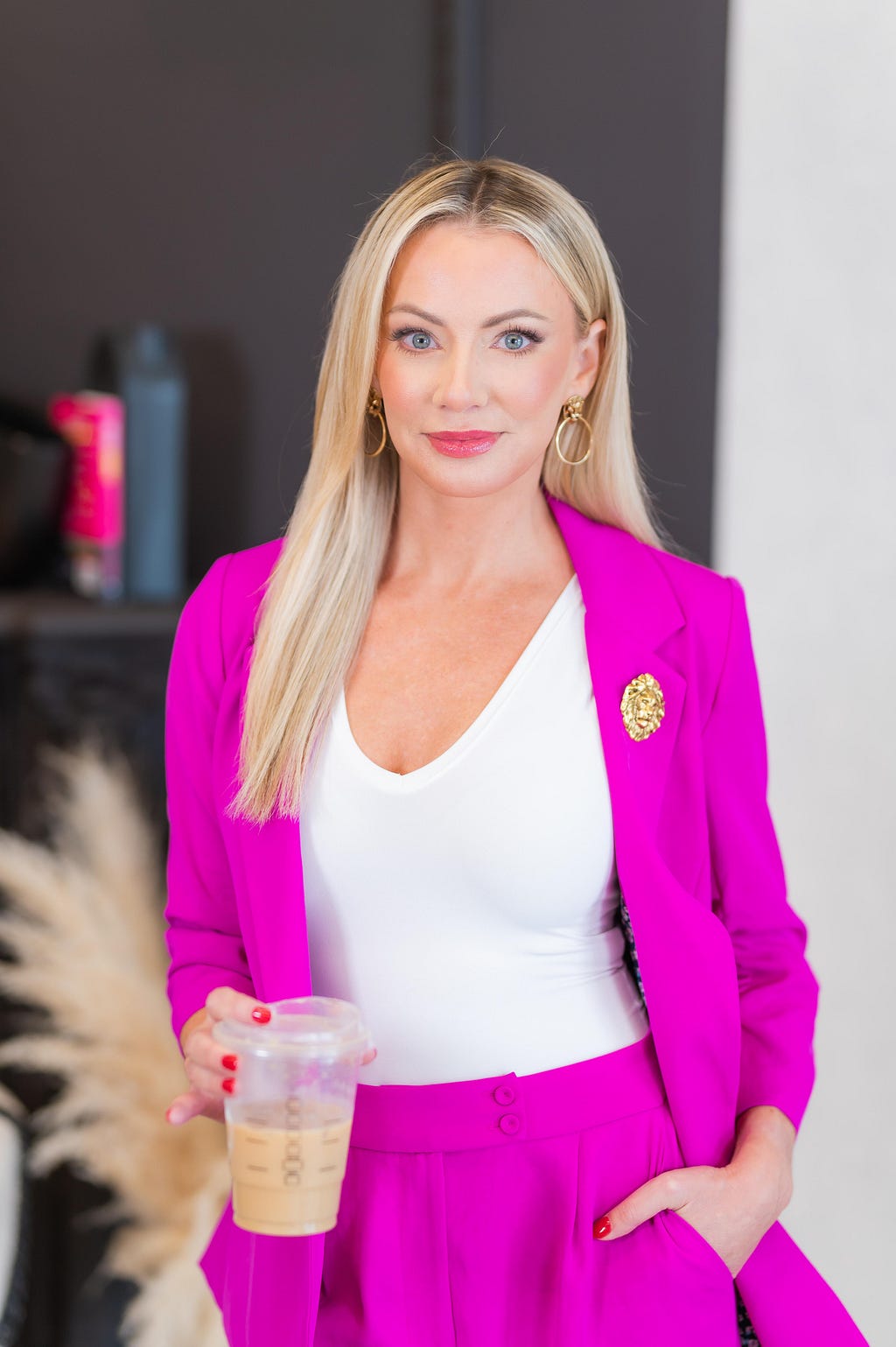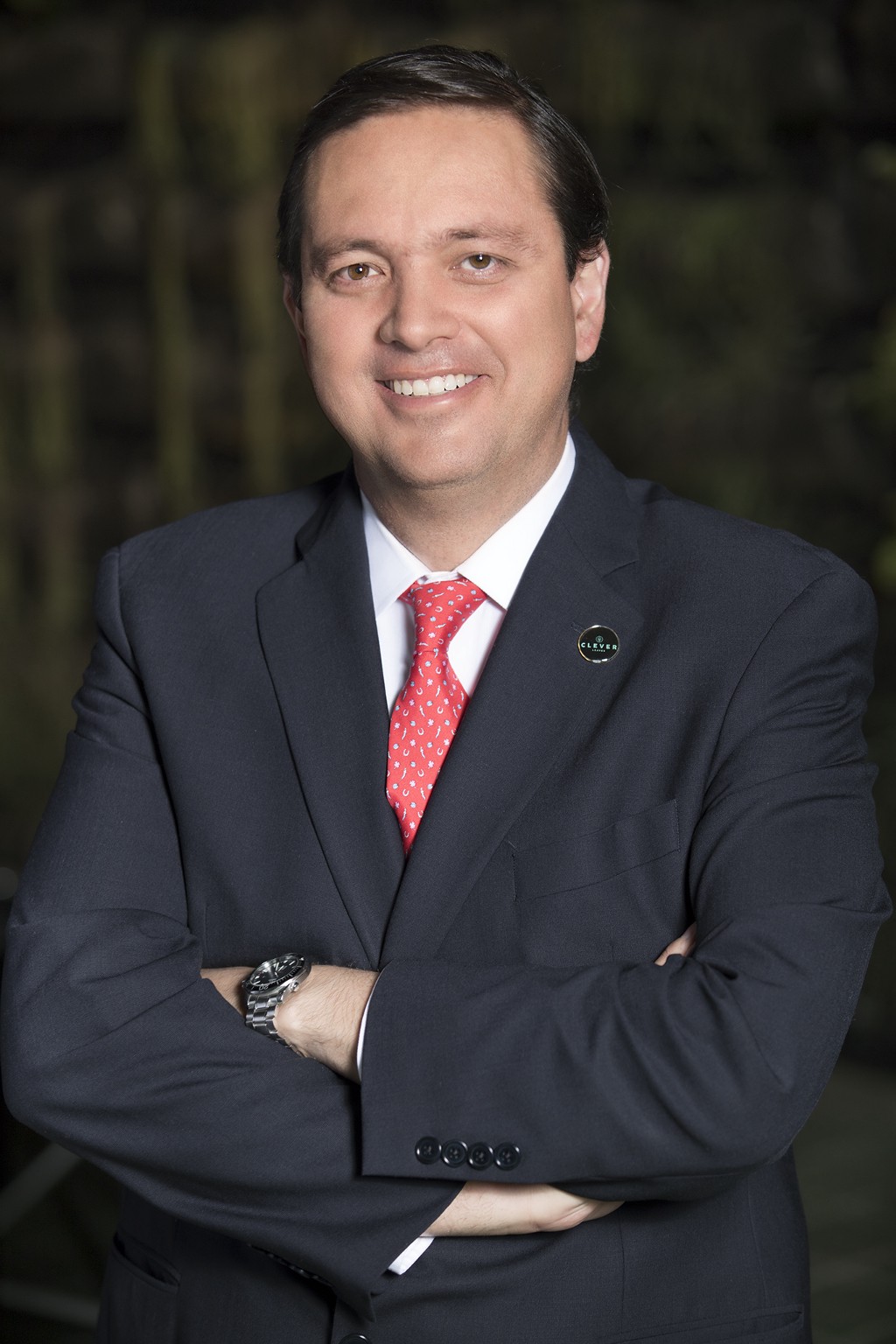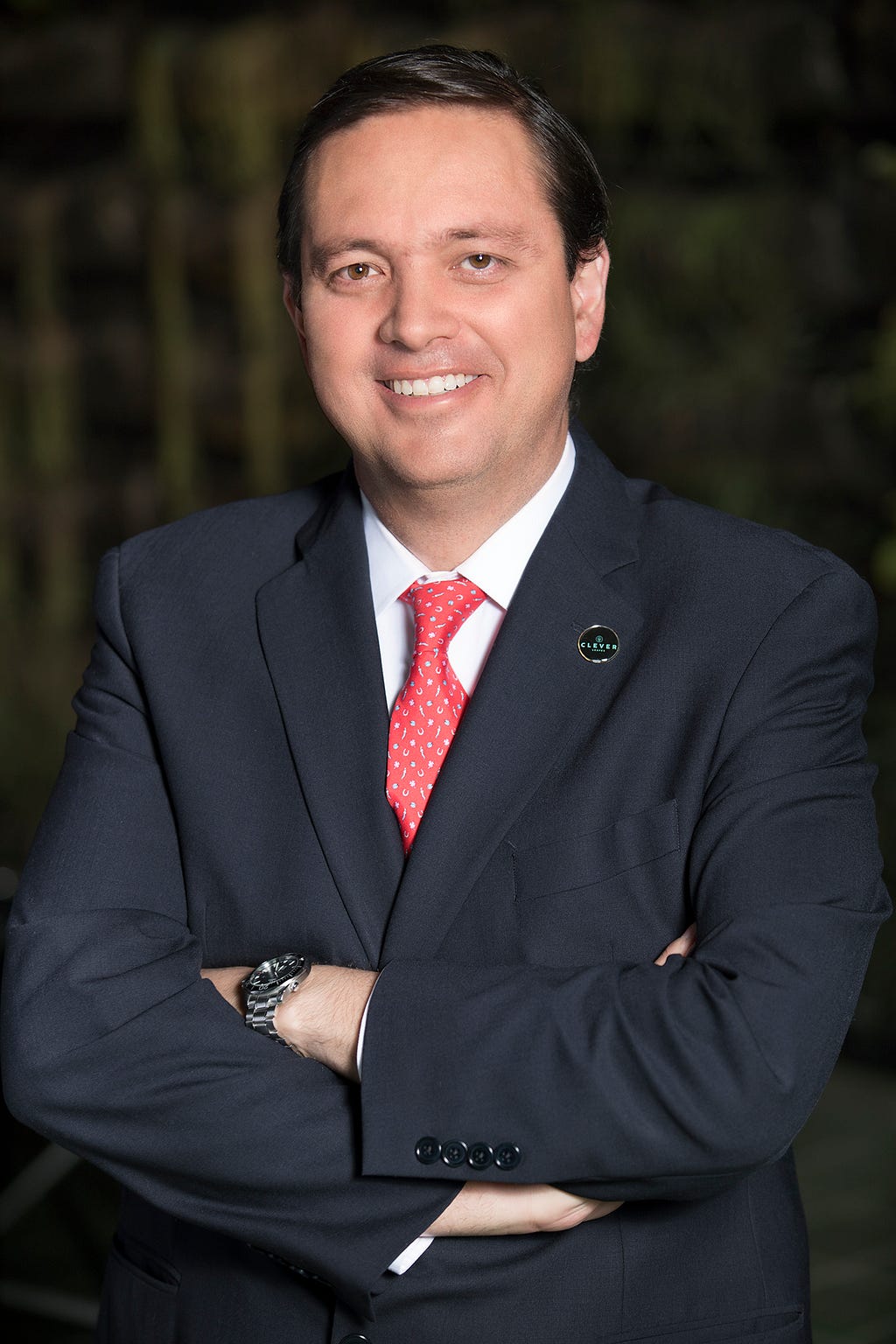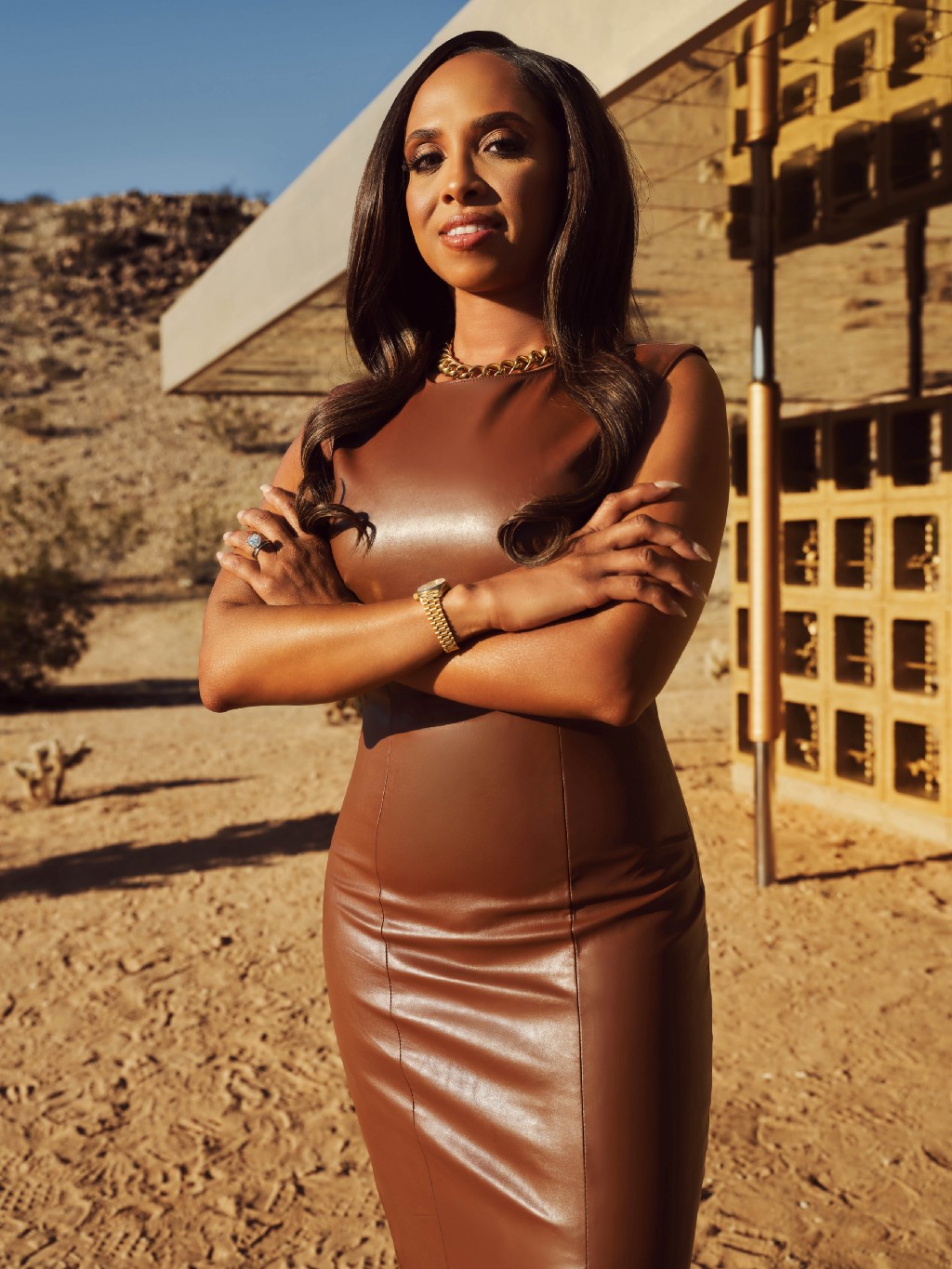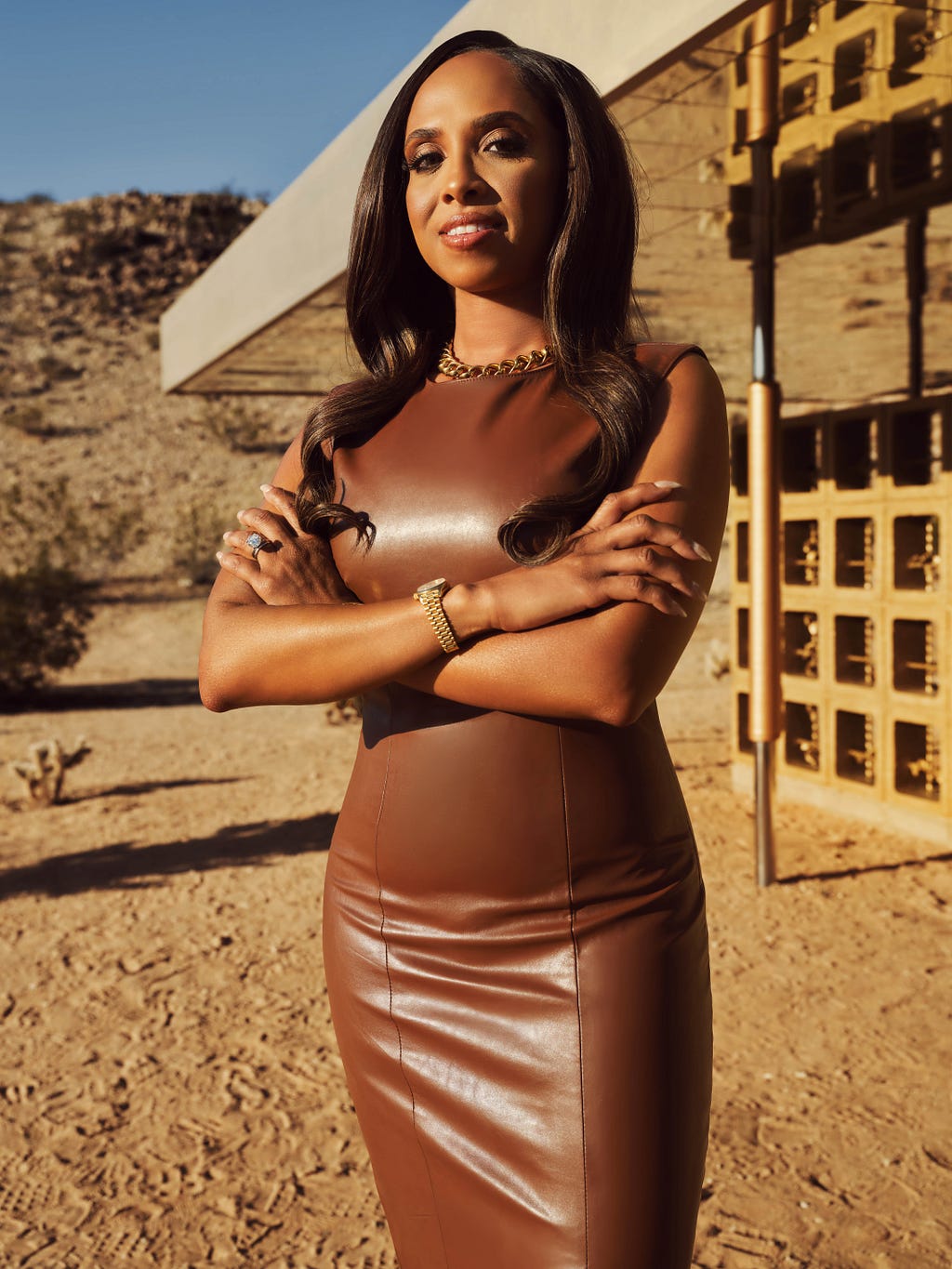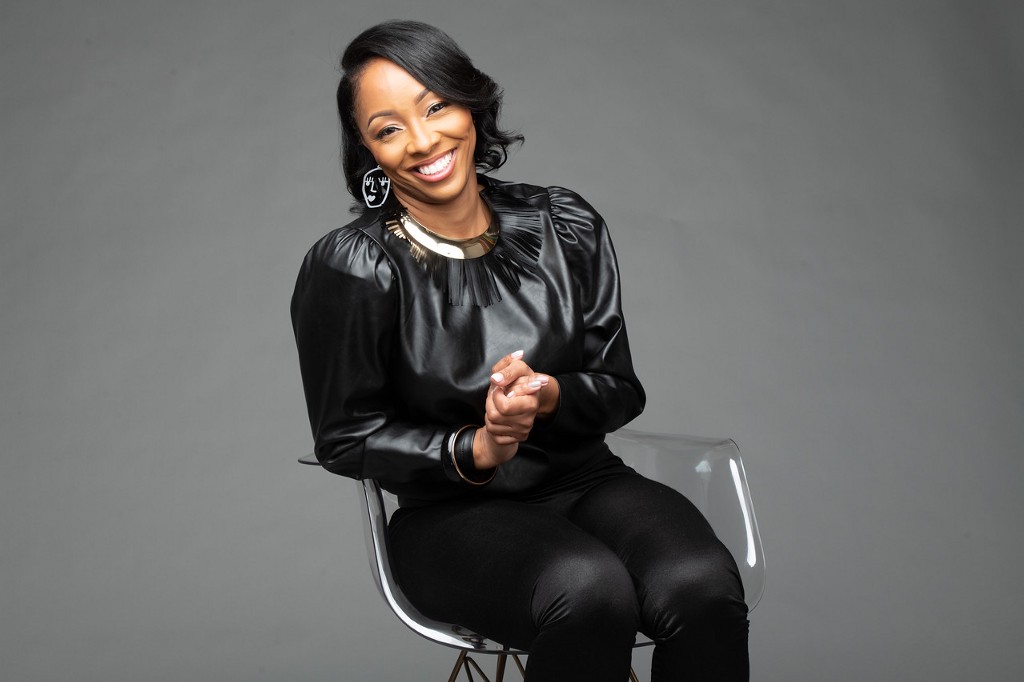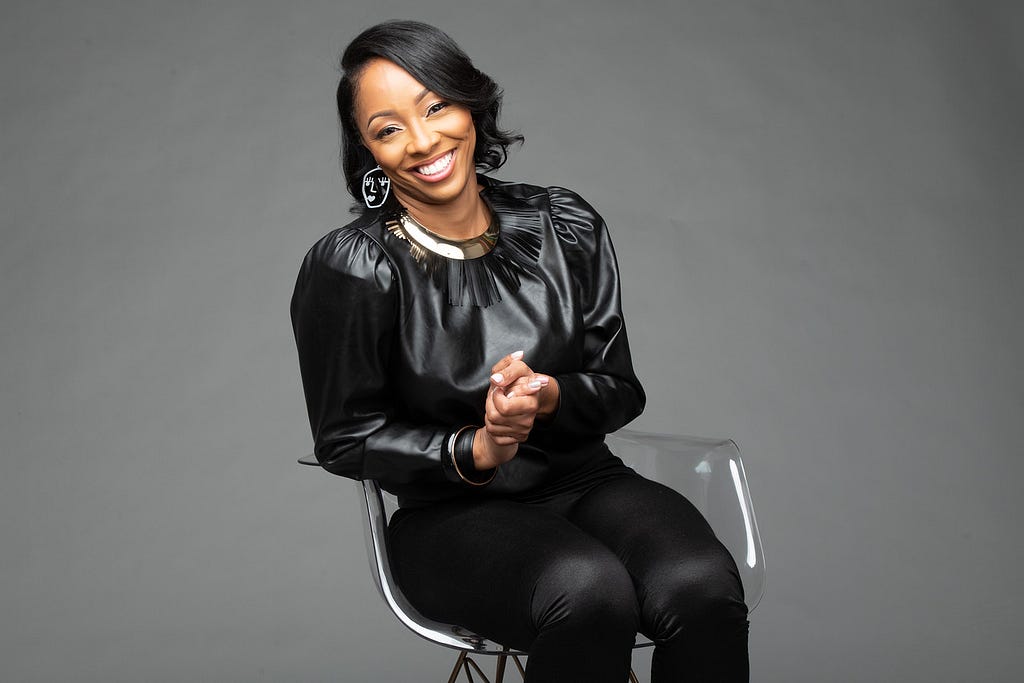Thriving As A Woman In a Male-Dominated Industry: Simone Devenny of Wealth Enhancement Group On The Five Things You Need To Thrive and Succeed as a Woman In a Male-Dominated Industry
An Interview With Candice Georgiadis
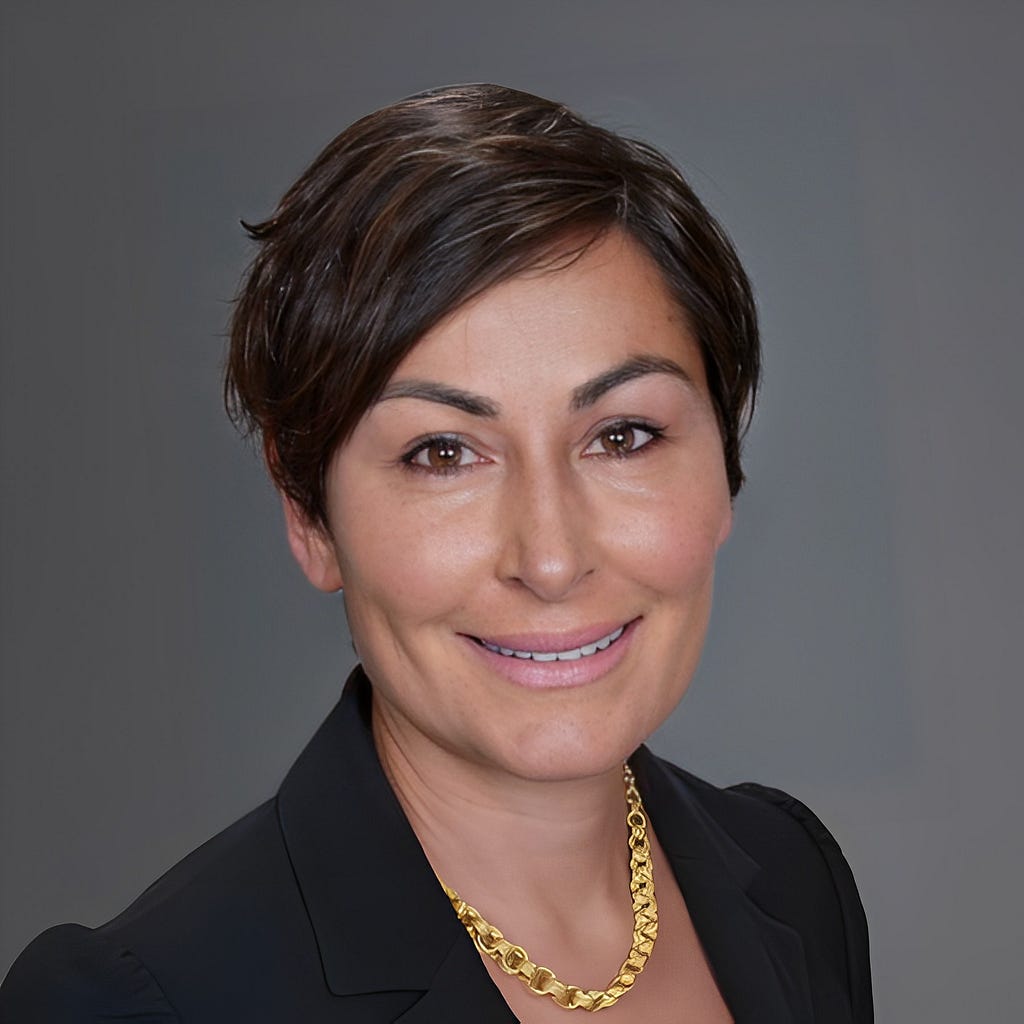
Be open-minded and curious, and learn from everyone you can. Professional life becomes fun and interesting when we use our platforms to foster our natural curiosity. The world expands and grows in proportion to the risks we take — don’t be afraid to try other ways, to consider other possibilities, and to explore pushing your own boundaries with the support of colleagues.
In the United States in 2022, fields such as Aircraft piloting, Agriculture, Architecture, Construction, Finance, and Information technology, are still male-dominated industries. For a woman who is working in a male-dominated environment, what exactly does it take to thrive and succeed? In this interview series, we are talking to successful women who work in a Male-Dominated Industry who can share their stories and experiences about navigating work and life as strong women in a male-dominated industry. As a part of this series, we had the distinct pleasure of interviewing Simone Devenny.
Simone has spent over 20 years advising clients in matters related to estate planning, tax, philanthropic planning, and investing. She began her career as a tax consultant with Deloitte in New York City, eventually relocating home to Southern California where she founded a boutique law practice focused on estate planning. She then went on to hold various roles with Fidelity, BNY Mellon, Morgan Stanley and Eaton Vance, where she educated and collaborated with advisors and their ultra-high-net-worth clients, including entrepreneurs, corporate executives, and multigenerational families.
As Regional Vice President, Financial Advisor with Wealth Enhancement Group, Simone applies her strong background in implementing tailored strategies and solutions to the role. Simone currently lives in San Juan Capistrano, CA. She speaks multiple languages and enjoys building cross-cultural bridges and working across the spectrum of diverse clients. When she has time, Simone can be found traveling and taking part in the occasional treasure hunt.
Thank you so much for doing this with us! Before we dig in, our readers would like to get to know you a bit more. Can you tell us a bit about your childhood “backstory”?
I’m a first generation American. My father was a physician from Egypt, and my mother was a fabulous homemaker from Italy. My parents were always incredibly supportive of my education — as long as that involved becoming a doctor, a lawyer or an engineer
Can you tell us the story about what led you to this particular career path?
I went to law school intending to pursue a career in international law or diplomacy. My first summer in law school, I was connected to an internship at Merrill Lynch through a family friend. This unplanned turn of events led me to consider wealth management as a career option, though would take me many years and a winding road to eventually get there.
Can you share the most interesting story that happened to you since you began your career?
When I graduated from law school, I lacked clarity on which direction I wanted to take. I decided to move to New York and try to find a job. While I was sending out resumes (for readers who are old enough, they were printed on onion-skin), I decided to go to a temp agency to find any work I could while I waited to hear back from any potential employers. I ended up in the administrative pool at Deloitte in New York. I showed up every day, and while I made copies for the partners, I also made amazing connections. Once the partners learned that I was a law school graduate, and they offered me a role as a tax consultant at the firm once I passed the bar. While luck and serendipity certainly played a part, I think the message is that if you show up consistently and authentically, the right opportunities will find you!
You are a successful business leader. Which three character traits do you think were most instrumental to your success? Can you please share a story or example for each?
Curiosity, eagerness and warm-heartedness were most instrumental traits on my path.
We often hear that we should follow our curiosity, and it will lead us to our purpose. Throughout my career, I have eagerly embraced new challenges and always asked many questions. When I was just starting out, I regularly questioned colleagues and mentors on their career paths, interests, and professional pursuits. I think it’s critical to stay open-minded, inquisitive and to recognize that we can learn something new every day just by listening.
In every professional role I’ve held, I’ve always been eager to learn and do as much as possible. I find that volunteering to do more than is asked has always allowed for expansion and growth. When I was a tax consultant at Deloitte, my role consisted of consulting with large, multinational financial institutions on their tax planning. The role was intellectually challenging and interesting, but there was a point where one of the partners wanted to do a completely out-of-the-box campaign involving Beanie Babies (I realize I’m dating myself — see the onion-skin reference above). Although it did not fall squarely, or at all, within my stated job description, I spent days procuring and packaging Beanie Babies. Not only was it a fun project, but it also resulted in a promotion to a broader and newly created role that aligned with my personality.
I attribute a great deal of my success to my humanity. I am a naturally caring, empathetic and warm-hearted person. Over my 20+ year career, I can honestly say that most of the opportunities I’ve had have been a direct result of the time I have invested in genuinely caring about people. In a professional world that has historically been so goal-oriented (although this is changing!), I have always made a point of connecting deeply with colleagues and of listening to and caring about their unique challenges and life experiences. This human connection has led to the opening of many doors. In addition to listening, I have also been open to sharing my own stories and challenges. In doing so, I have always found help and support from others.
Can you help articulate a few of the biggest obstacles or challenges you’ve had to overcome while working in a male-dominated industry?
I think my greatest challenge is concurrently my greatest asset — my authenticity and warm-heartedness. In a historically male-dominated industry, there are still many individuals who believe that such attributes are not necessary for the workplace. I have found that at times, my approach to work, which is often characterized with humor, empathy and humanity can be confused with a lack of skill. While I have deep and broad technical skills, I rarely command attention with the seriousness or gravitas that many men do. It’s a different approach, and one that has worked well for me, but I do find that I’m sometimes misunderstood by colleagues.
Can you share a few of the things you have done to gain acceptance among your male peers and the general work community? What did your female co-workers do? Can you share some stories or examples?
I have certainly attended more golf outings and sporting events and consumed more beer than would be my natural inclination — I may have even worn a company-issue vest! I can say the same on behalf of many female co-workers. It’s actually an over-simplification on the gender side of things — I have many female friends and colleagues who love golf, sports and beer, and many male colleagues who don’t. I do remember distinctly one female colleague who hosted an event which involved a makeup lesson. It was different and fun, but also memorable because it was rare.
What do you think male-oriented organizations can do to enhance their recruiting efforts to attract more women?
I think this should solve itself with time, and I also think that women in organizations need to be actively involved in recruiting. By this, I specifically refer to women in professional roles outside of HR roles. I think we need to do a better job as professional women of encouraging each other to grow.
Ok thank you for all of that. Here is the main question of our interview. Based on your opinion and experience, what are the “Five Things You Need To Thrive and Succeed as a Woman In a Male-Dominated Industry?” (Please share a story or example for each.)
- Bring your whole self to work. Master the technical skill that’s required for your role, and then add to it your own personality, your own unique perspective and way of executing. Use your voice, and share that perspective with others. Organizations grow when differing perspectives inform culture.
- Find your supporters, both male and female. In an industry where males hold the majority of senior leadership roles, it’s important to connect with male supporters and to seek out their mentorship. Not every individual connects naturally with every other individual — seek out leaders whose philosophies and value systems align with yours, and let them know that you’re looking for support. Don’t be afraid to ask! The same goes for women — look for women who are navigating the organization well, and explicitly seek out advice and mentorship.
- Develop genuine relationships. Professional success means it can prove difficult to compartmentalize work and life. The idea of work/life balance is an imperfect one. Instead, connect genuinely with colleagues and leadership. Share personal stories and seek to understand the unique situations of those you work with everyday. Don’t ignore the reality that our colleagues are humans with lives full of joys, as well as challenges. Aim to connect across the spectrum of professional and personal worlds.
- Create and foster community. Collaboration results in excellence when we encourage open, healthy dialogue and debate. Build a culture of inclusiveness, where different perspectives and opinions are welcomed and valued. Encourage others to use their voices (especially the quiet ones in the room — their observations are often nuanced and invaluable).
- Be open-minded and curious, and learn from everyone you can. Professional life becomes fun and interesting when we use our platforms to foster our natural curiosity. The world expands and grows in proportion to the risks we take — don’t be afraid to try other ways, to consider other possibilities, and to explore pushing your own boundaries with the support of colleagues.
If you had a close woman friend who came to you with a choice of entering a field that is male-dominated or female-dominated, what would you advise her? Would you advise a woman friend to start a career in a field or industry that’s traditionally been mostly men? Can you explain what you mean?
I encourage women to enter male-dominated fields. The only way the landscape will truly change and broaden is if we continue to invite other women to join us. We can inspire change, and there is strength in numbers. The more of us there are at the table, the more our voices will be heard and considered.
Have you seen things change for women working in male-dominated industries, over the past ten years? How do you anticipate that it might improve in the future? Can you please explain what you mean?
Yes — as more and more women enter male-dominated fields, the traditional notions of what those fields looked like change. Today, we are more supported with DEI efforts than ever before. Transformational change can take time, but we have made tremendous headway and continue to do so.
We are very blessed that some very prominent names in Business, VC funding, Sports, and Entertainment read this column. Is there a person in the world, or in the US with whom you would love to have a private breakfast or lunch with, and why? He or she might just see this if we tag them.
I would choose Richard Branson. I listened to a TED talk recently about the importance of “multipotentialite” talent. There is nothing more fascinating to me than individuals who achieve success across disparate disciplines, from music, to gaming, the seas and space. I find that people with the combination of creativity and drive change the world and are such an inspiration.
Thank you for these fantastic insights. We greatly appreciate the time you spent on this.
Thriving As A Woman In a Male-Dominated Industry: Simone Devenny of Wealth Enhancement Group On The… was originally published in Authority Magazine on Medium, where people are continuing the conversation by highlighting and responding to this story.


